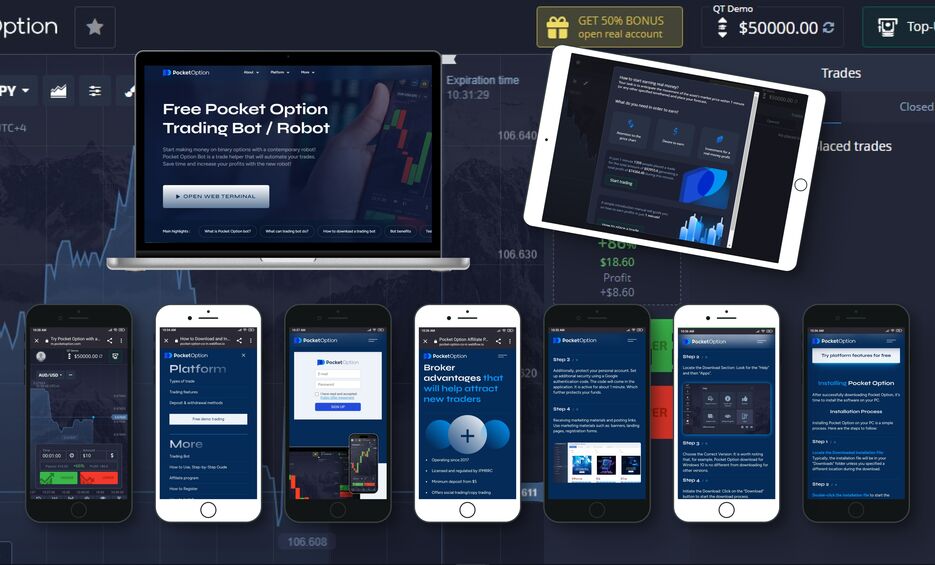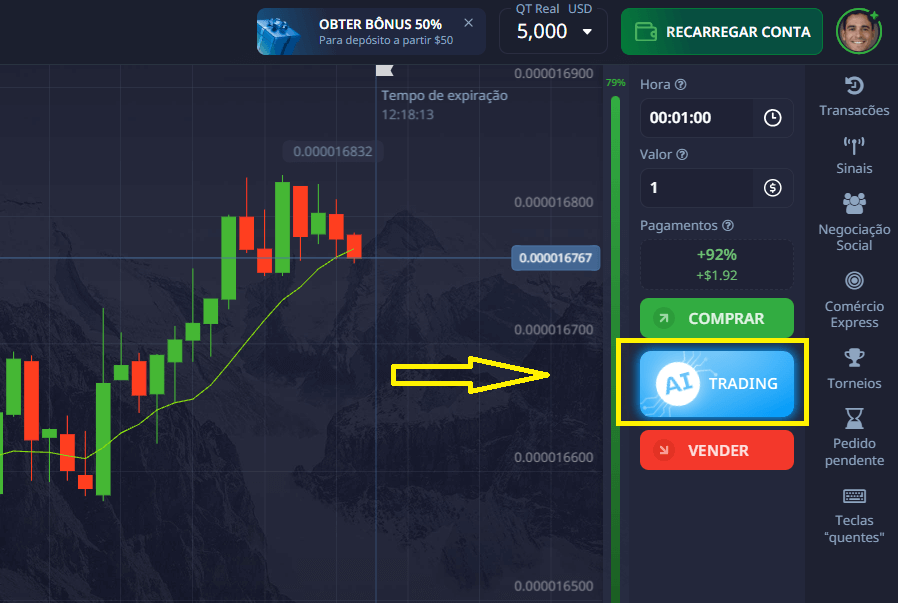
When we talk about time, context is everything. The question of “how long does it take?” can vary greatly depending on what we are discussing. From the time required to learn a new skill to the ideal duration for project completion, understanding these timelines is essential. For example, if you’re looking to enhance your trading skills, it might take a few weeks of daily practice. You can begin your trading journey at how long does it take to withdraw from pocket option https://pocket-option2.com/, where various resources can help streamline your learning process.
1. Learning a New Skill
The time it takes to learn a new skill varies widely based on several factors such as the complexity of the skill, the methods used during learning, and the learner’s prior knowledge or experience. For instance, someone who has a foundation in graphic design might find it easier to learn video editing than someone starting from scratch.
Studies suggest that it takes approximately 10,000 hours of practice to achieve mastery in a field, popularized by Malcolm Gladwell in his book “Outliers.” However, to become competent in a skill often only requires a fraction of that time. The 20-hour rule proposed by Josh Kaufman suggests that focusing intensely on a skill for 20 hours can lead to significant improvement.
2. Completing a Project
Projects vary from personal tasks such as home renovations to professional undertakings like software development. Understanding project timelines necessitates effective planning. The average home renovation might take a few weeks to several months depending on the scale, while software projects may range from a few weeks for simple applications to years for complex systems.
Determining a realistic timeline involves breaking the project into phases, establishing milestones, and accounting for potential delays due to unforeseen circumstances. Employing project management methodologies like Agile or Waterfall can also influence how long it takes to complete a project.

3. Physical Fitness Goals
Many people embark on fitness journeys with specific goals in mind, whether losing weight, building muscle, or improving endurance. The timeline for achieving fitness goals can be inconsistent. For example, it typically takes around 4-6 weeks to notice significant changes in strength and endurance. However, noticeable weight loss can often be achieved within the first few weeks, depending on diet and exercise.
To set realistic expectations, it helps to establish SMART (Specific, Measurable, Achievable, Relevant, Time-Bound) goals. Consulting with a fitness professional can also provide insights into what a realistic timeline looks like for individual circumstances.
4. Travel and Commute Duration
Travel time can be influenced by a myriad of factors including distance, mode of transport, the efficiency of the route, and traffic conditions. On a personal level, a daily commute may take anywhere between 30 minutes to two hours depending on these elements.
When planning trips, many travelers use tools like Google Maps to estimate travel times based on real-time conditions. It’s wise to calculate additional time buffers to account for delays and unexpected events.
5. Building Relationships

Developing friendships or romantic relationships is another process that requires time. The timeline for forming connections varies greatly among individuals. Some people may feel a strong bond after a few meetings, while others may take a year or longer to reach that level of intimacy.
Communication, shared experiences, and vulnerability play integral roles in deepening relationships. It’s important to cultivate connections at a pace that feels comfortable for all parties involved.
6. Academic Learning
Education is structured around well-established timelines. A high school diploma typically requires four years, while a bachelor’s degree usually demands four years of undergraduate study. However, the time it takes to grasp specific academic concepts can differ greatly among individuals.
Moreover, online education has revolutionized the way people learn, often allowing for more flexibility in timelines. Self-paced courses can take a few weeks to several months to complete, depending on the learner’s dedication and availability.
Conclusion
The question of “how long does it take?” is complex, as it is heavily contextual. Whether it’s learning a new skill, completing a project, achieving health goals, or building relationships, time is often influenced by many factors. By setting clear expectations, planning effectively, and being adaptable, individuals can better navigate their timelines.
Understand that patience, perseverance, and adaptability are key. With the right mindset and strategy, you can achieve your goals, no matter how long it may take.
